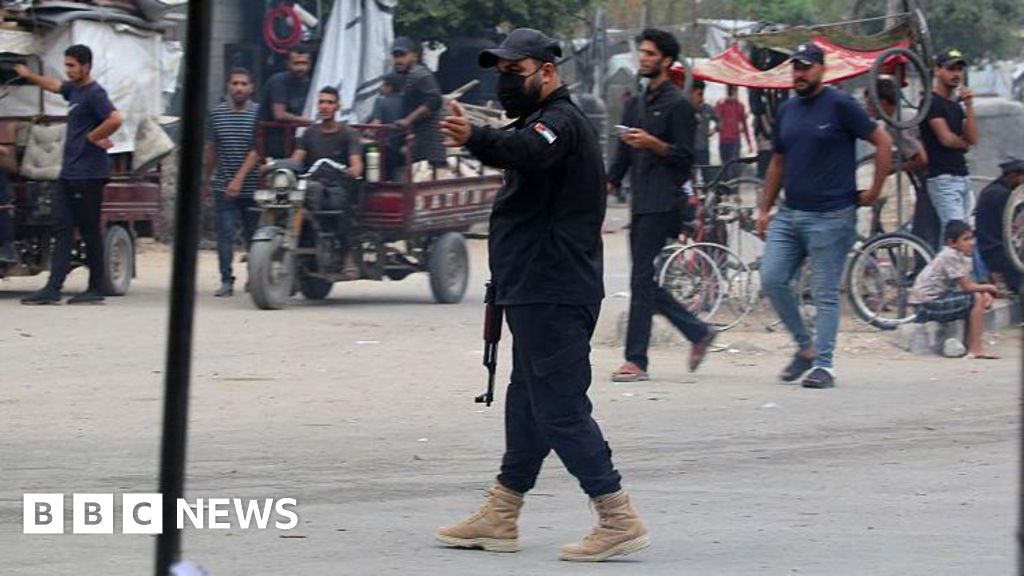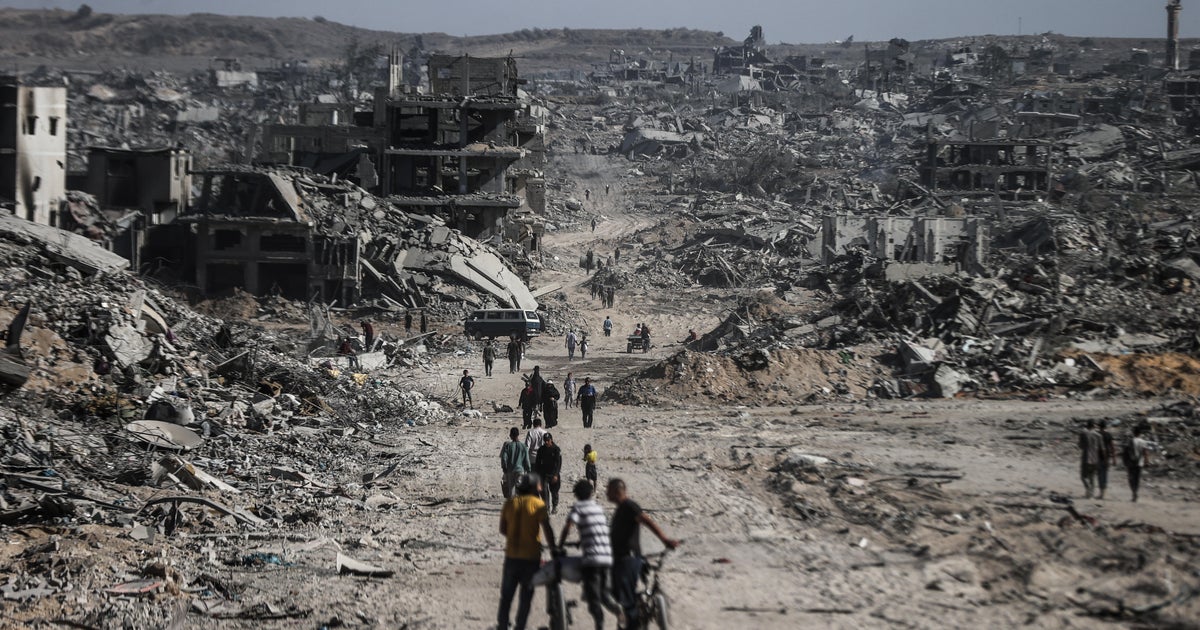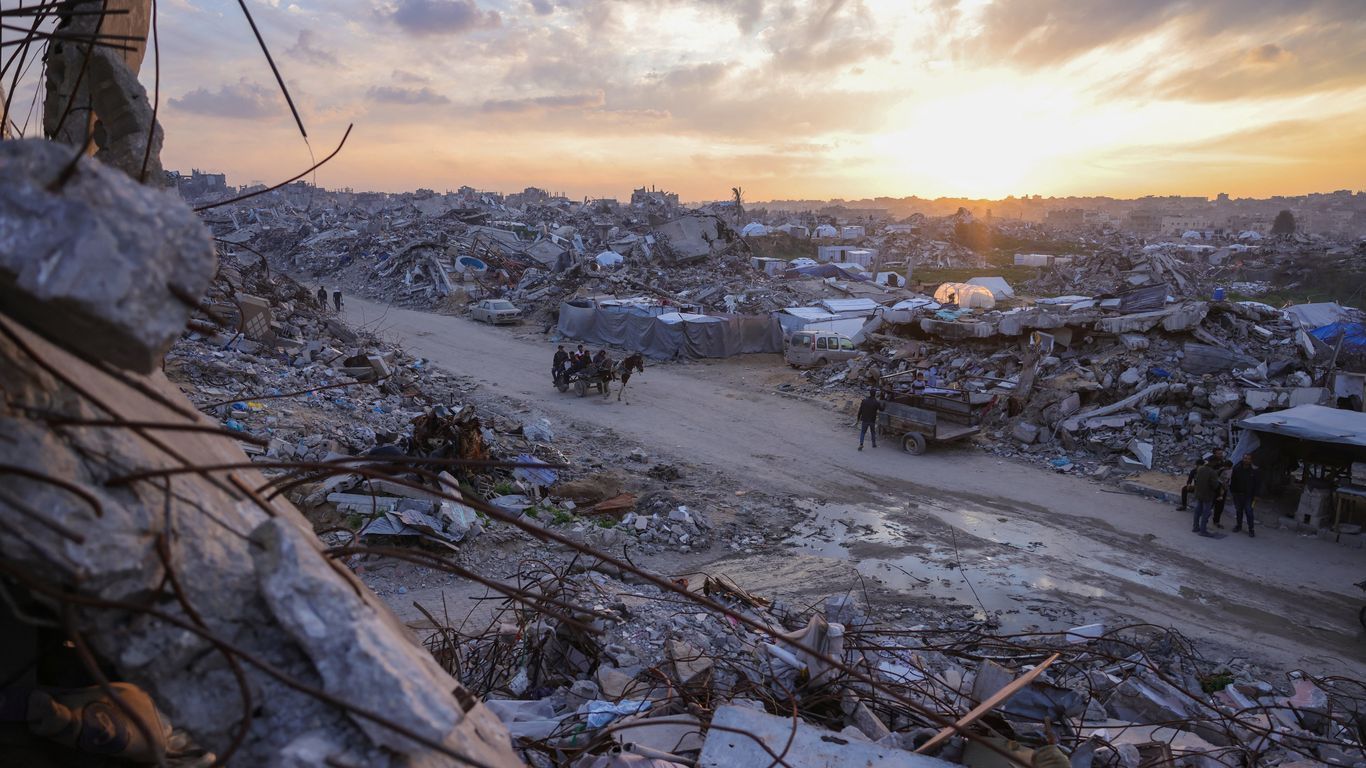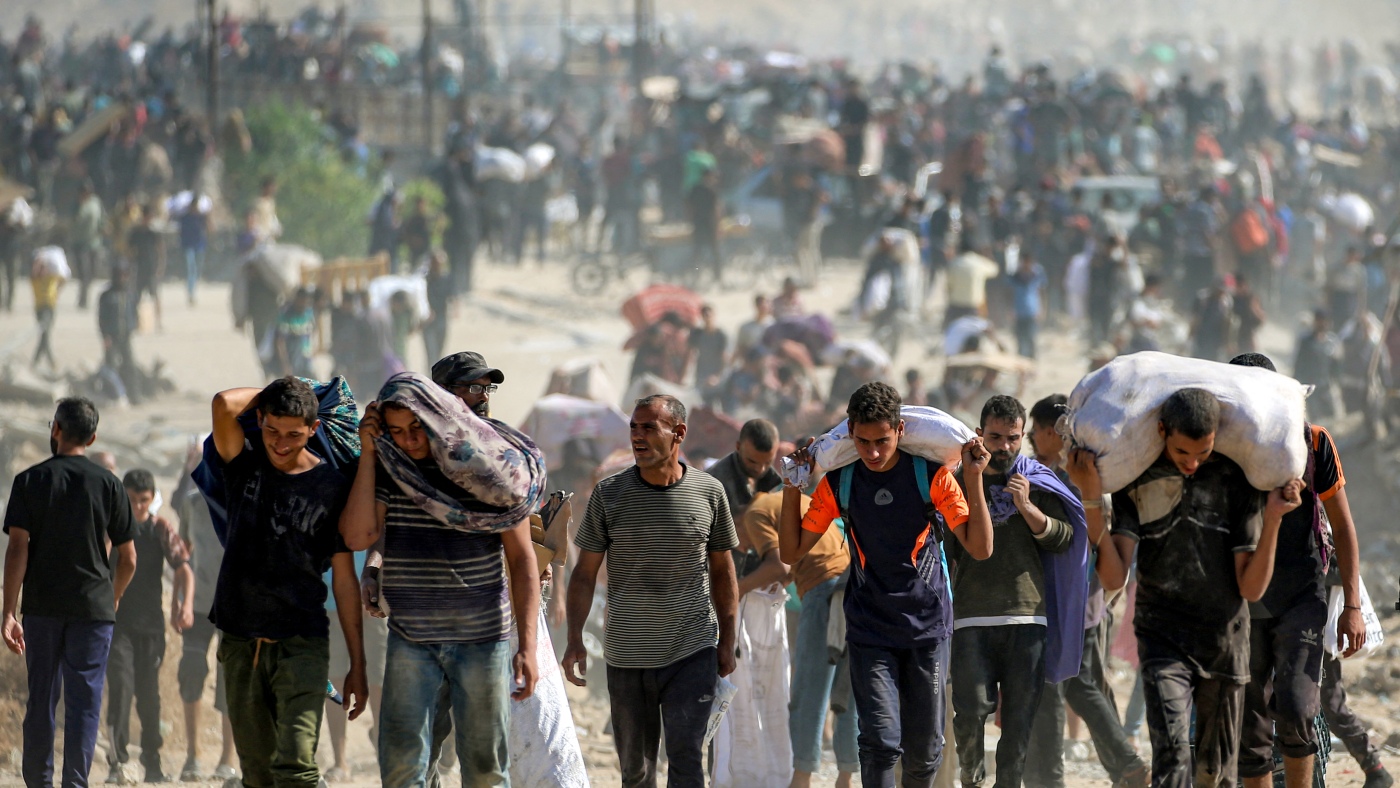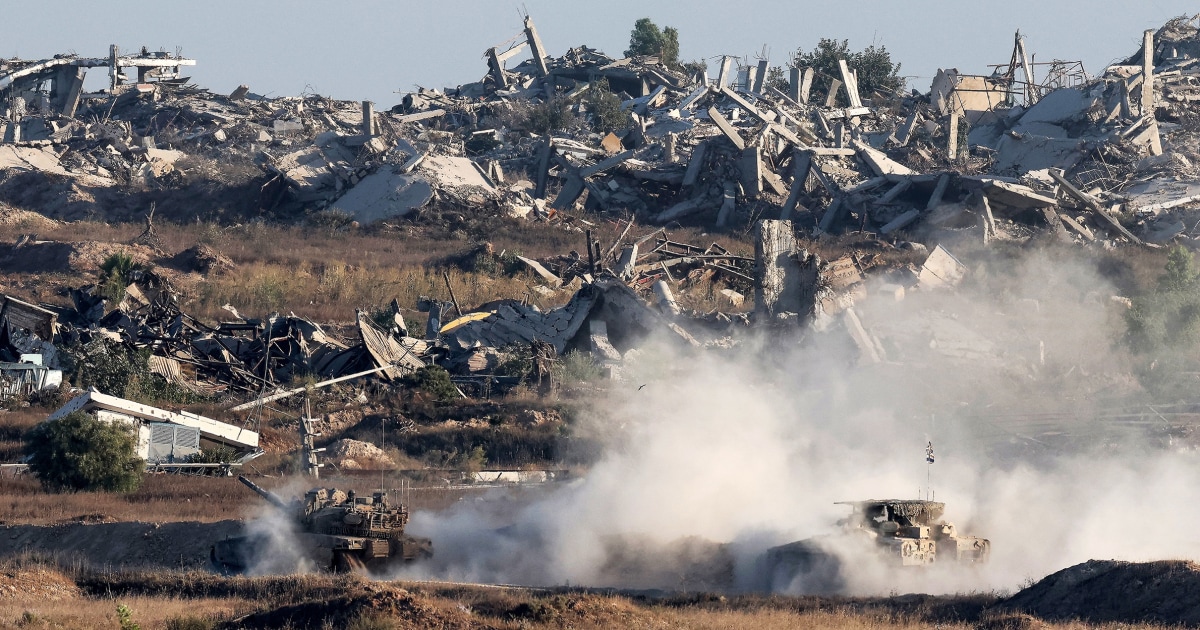Hostages Returned Amid Ongoing Gaza Conflict

Hostages Returned Amid Ongoing Conflict
Israel has officially named four deceased hostages following the recent handover of four more bodies by Hamas, intensifying the emotional and political stakes of the conflict. These identifications mark a somber moment amid continued efforts to secure the release of remaining captives held in Gaza. The exchange reflects the complex negotiations and mounting international pressure on Hamas to cooperate fully.
Background and Current Dynamics
The broader context includes a series of hostage and prisoner exchanges tied to ceasefire agreements brokered by international mediators. Despite partial progress, challenges persist, such as Israel’s reluctance to fully withdraw from contested areas, complicating peace efforts. The fate of those still held remains uncertain, fueling urgency among families and governments alike.
Human and Political Impact
This development highlights the human cost behind geopolitical tensions and underscores the fragile path toward resolution. As both sides navigate complex demands, the return of these bodies is a stark reminder of the conflict’s ongoing toll and the critical importance of sustained diplomatic engagement.
About the Organizations Mentioned
Hamas
**Hamas** is a Sunni Islamist Palestinian nationalist organization that functions both as a political party and a militant group, primarily operating in the Gaza Strip, which it has governed since 2007. Founded in 1987 by Ahmed Yassin amid the First Intifada, Hamas emerged from the Muslim Brotherhood and initially had covert Israeli support as a counterweight to the secular Palestinian Liberation Organization (PLO)[3][1]. It combines political governance with an armed wing, the al-Qassam Brigades, committed to armed resistance against Israel, which it refuses to recognize as a legitimate state[1][3]. Hamas’s political rise culminated in a 2006 electoral victory in the Palestinian Legislative Council, campaigning on anti-corruption and resistance platforms. After violently seizing Gaza from the rival Fatah faction in 2007, Hamas has maintained de facto control there despite international isolation and blockades imposed by Israel and Egypt[3]. Its governance has been marked by repeated conflicts with Israel, including major wars in 2008–09, 2012, 2014, 2021, and the ongoing intense conflict triggered by Hamas’s surprise October 2023 attack killing nearly 1,200 Israelis and taking hostages[1][2][3]. Hamas benefits from regional support, especially from Iran, which supplies funding and weapons, as well as financial and political backing from Turkey and Qatar. These alliances form part of a broader "axis of resistance" against Israel, which includes groups like Hezbollah and Palestinian Islamic Jihad[2]. Hamas also operates fundraising networks globally, sometimes using charities as fronts to support its military activities[4]. The group is designated a terrorist organization by many countries, including the United States, which has increased military aid to Israel following recent escalations[2][6]. Despite modifying its 1988 charter in 2017 to soften some language, Hamas continues to reject Israel’s legitimacy and pursues all forms of resistance[1]. Its enduring political

